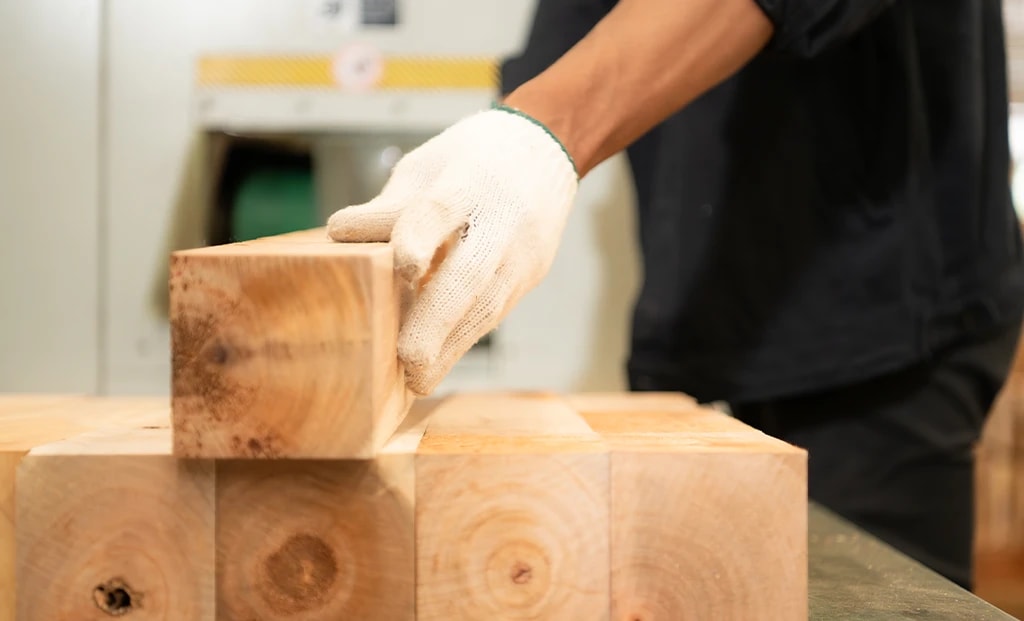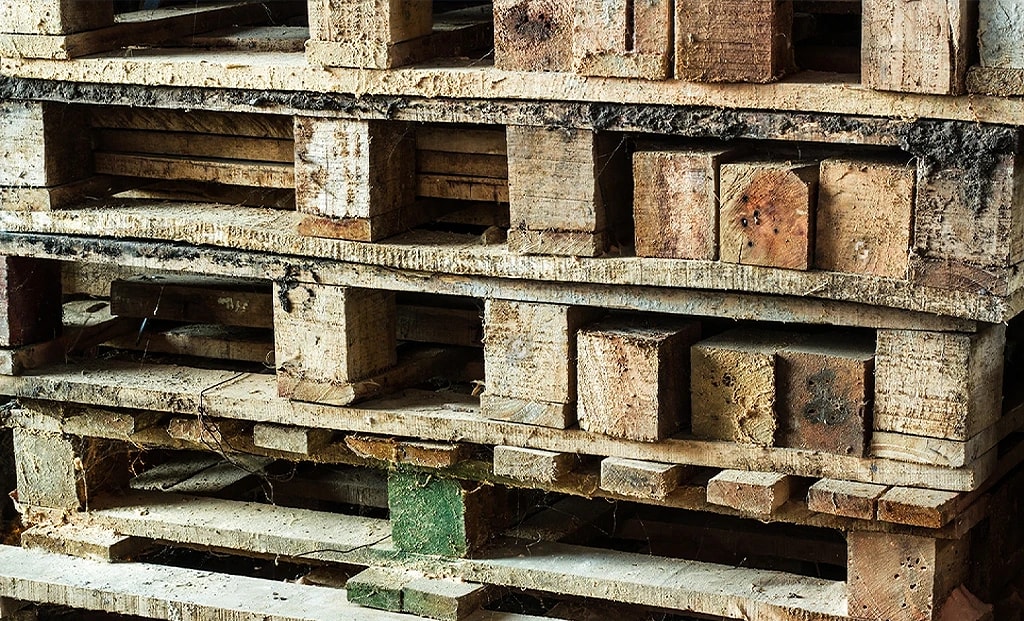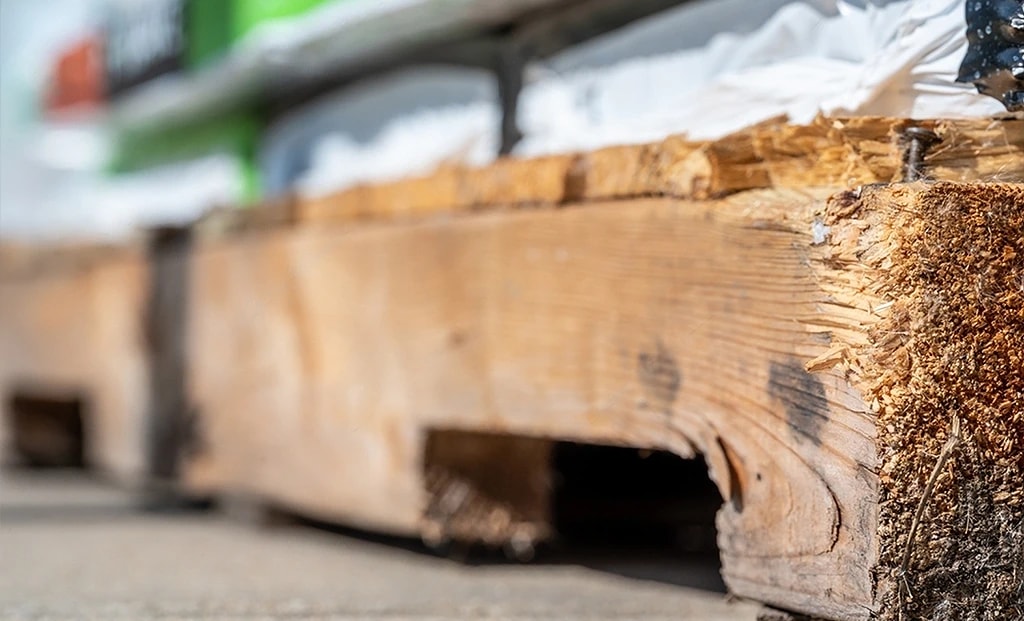In today’s age of heightened environmental awareness and dwindling natural resources, sustainability is paramount in any industry, especially concerning the materials used in construction and transportation. The creation of packaging and shipping containers must prioritize sustainability. Among the various materials available for making pallets, wood remains the top choice due to its exceptional sustainability and durability. Let’s delve into why wood is the most responsible option for constructing pallets.
Environmentally Friendly
Wood ranks among the most environmentally friendly building materials globally. It naturally grows with minimal requirements of sunlight and water, and it can be recycled into paper or mulch once its pallet life cycle ends, or repurposed for home construction projects.
Pallet Reconstruction
Moreover, utilizing recyclable, eco-friendly materials means that worn or damaged pallets can be refurbished into new ones with minimal effort. This practice not only saves businesses money but also reduces industrial waste. Many agricultural enterprises rely on recycled wood pallets to transport goods reliably while cutting costs.
Sustainability
Forests are now growing at a rate twice that of consumption, with replanting efforts covering vast areas in recent years. The timber industry is actively replenishing and protecting natural lumber resources by planting billions of trees annually, ensuring a sustainable supply for future generations.
Carbon Footprint Reduction
Wood not only offers sustainability benefits but also aids in reducing carbon emissions. By using wood as a building material instead of synthetics, significant amounts of carbon dioxide emissions can be eliminated from the atmosphere. This, coupled with the carbon already stored in wood, results in substantial reductions in carbon emissions per cubic meter of wood used in construction.
Economic Advantages
Wooden pallets are often more cost-effective to acquire than plastic ones and typically have longer service lives. Unlike plastic pallets, which require replacement if damaged in one area, wooden pallets can be easily repaired or recycled, contributing to cost savings over time.
Affordability and Repairability
Wooden pallets are assembled piece by piece, making them easy and inexpensive to repair or replace when needed. This quick turnaround time is crucial for bulk importers such as agricultural businesses, ensuring a steady supply of pallets for transportation needs.
Durability and Functionality
Wood surpasses plastic in durability and ease of handling. Wooden pallets wear better over time, require less energy to manufacture, and offer better friction, reducing shifting during transportation and minimizing product loss.
The Smart Choice
In summary, wood emerges as the smartest choice for pallet material. Its lower costs, reduced carbon footprint, and superior longevity make it a sound investment for businesses across various industries. By opting for wooden pallets, agricultural businesses can maximize profits while promoting sustainability. Lumbera® provides a range of high-quality wooden pallets, sourced responsibly and tailored to meet diverse industry needs, ensuring efficient and eco-friendly transportation solutions.



